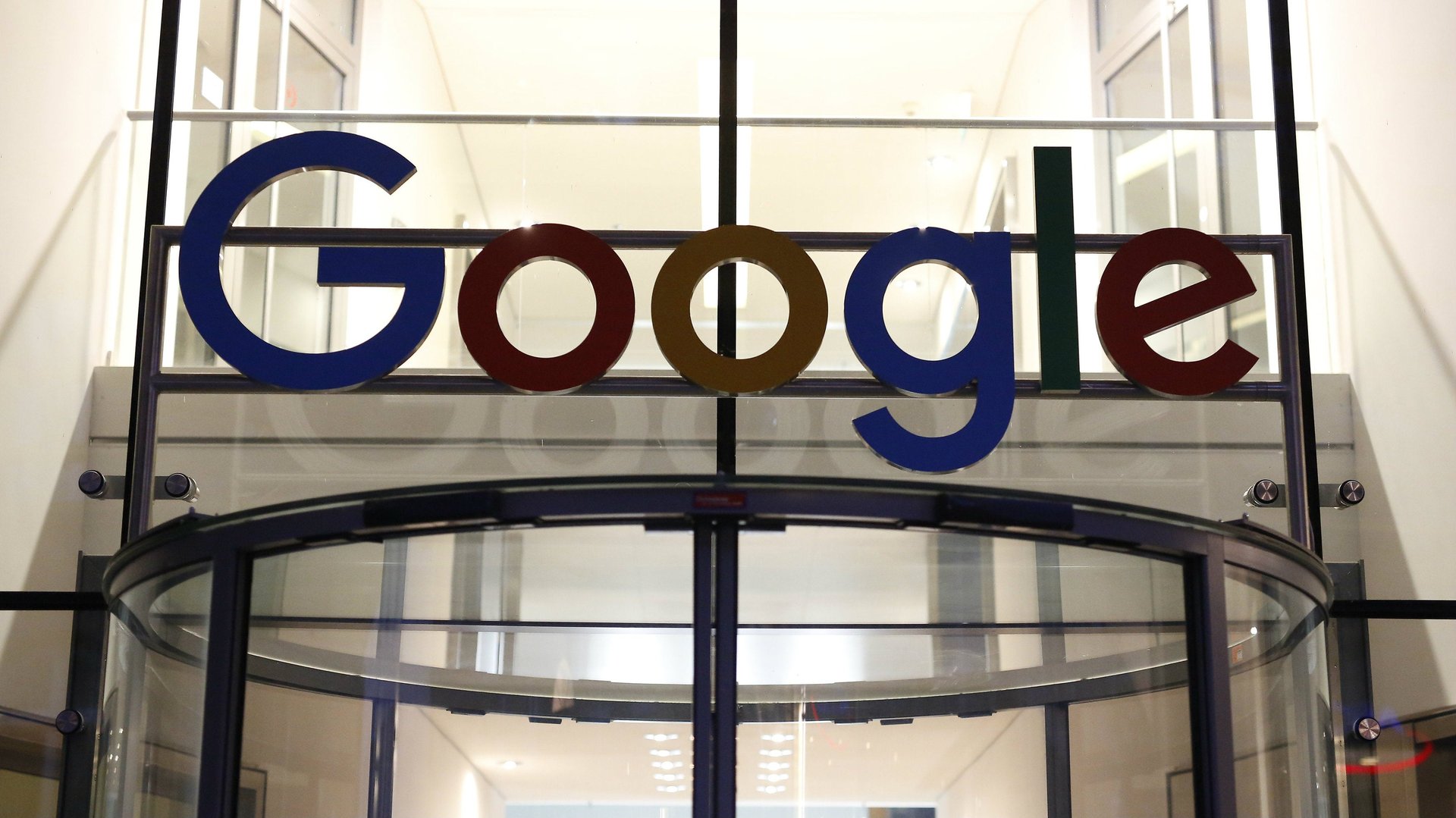Google fired the author of the “anti-diversity” memo—and as a result, proved his point
Was the author of the so-called “anti-diversity” memo at Google advancing sexism? Or was he exposing Silicon Valley’s cultural bias?


Was the author of the so-called “anti-diversity” memo at Google advancing sexism? Or was he exposing Silicon Valley’s cultural bias?
Regardless of how you answer these questions, you’ll likely only feel more validated now that the employee in question has been fired. James Damore, who authored a divisive note sent internally around Google, confirmed his termination to Bloomberg and right-wing media outlet Breitbart late on Aug. 7 in the US, adding that he had been let go for “perpetuating gender stereotypes.”
Yet by getting fired, Damore proved his own point—that many of Silicon Valley’s leaders remain unwilling to engage with socio-political views different from their own. Damore had argued that the gender gap in tech was partly due to biological differences between men and women, and that efforts to boost diversity were themselves a form of discrimination that were “unfair, divisive, and bad for business.”
His termination might not come as a surprise, given various responses coming from the top of the company. Days after the piece leaked to the media, Google CEO Sundar Pichai wrote an internal memo to employees stating: “To suggest a group of our colleagues have traits that make them less biologically suited to that work is offensive and not OK.” He did, however, note that “People must feel free to express dissent.”
Danielle Brown, Google’s newly appointed vice president of diversity, also sent an internal memo stating that Damore’s note is “not a viewpoint that I or this company endorses, promotes or encourages.”
Both Damore’s critics and supporters will likely interpret his termination in a way that confirms their own political biases. That’s a problem America at large faces, and a point he made in his note.
Damore’s proponents will argue that he was fired for questioning prevailing dogma about diversity and the best ways to improve it. His detractors, meanwhile, will argue that he set himself up for immunity by couching a sexist manifesto in the framing of ideological diversity.
While Damore didn’t identify himself as conservative in his memo, many with viewpoints right of center have been ostracized in Silicon Valley. Venture capitalist Peter Thiel and Oculus founder Palmer Luckey faced backlash during the US elections when they supported Donald Trump. But Luckey and Thiel (and Trump) have supported initiatives far more extreme than Damore’s manifesto.
To some, Damore will represent rampant sexism in Silicon Valley, while others might hold him up as a hero. One thing that will be clear is that the new culture wars will only grow more intense in Silicon Valley.